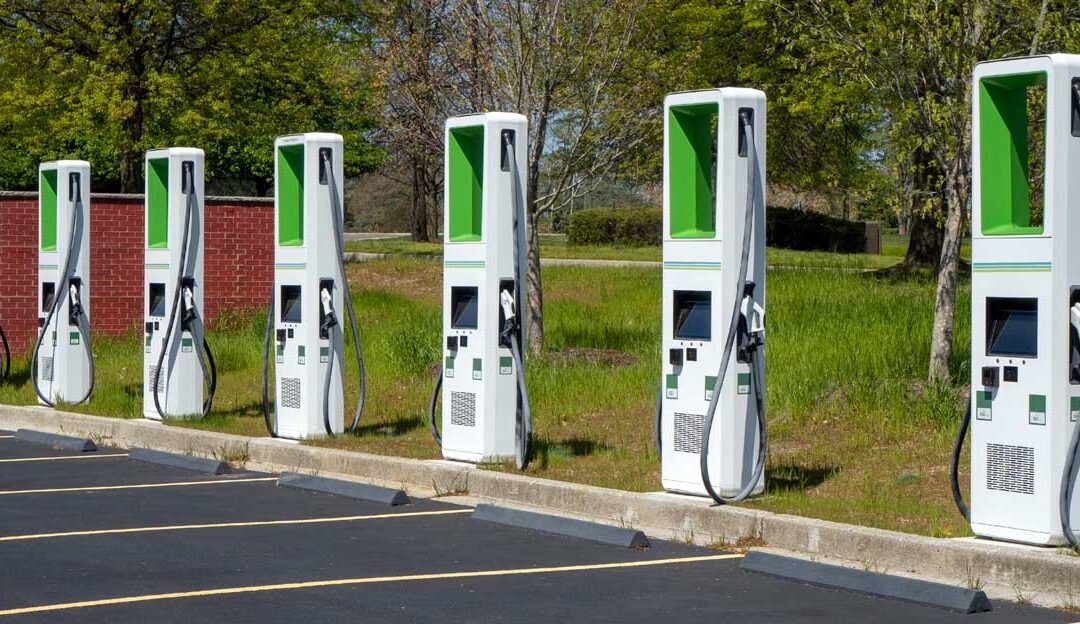The Wisconsin Department of Transportation (WisDOT) has revealed the locations of the first 53 Level 3, DC-fast charging, electric vehicle (EV) stations across Wisconsin funded through the National Electric Vehicle Infrastructure (NEVI) Program. This marks a significant milestone in the state’s journey towards a sustainable transportation future.
The announcement follows the signing of legislation in March — Senate Bill 791 and Senate Bill 792, now 2023 Wisconsin Acts 121 and 122. These laws enabled WisDOT to receive and administer over $78 million in federal NEVI funds allocated to Wisconsin. For these initial projects, $23.3 million was awarded. This funding represents a critical investment in the state’s EV infrastructure.
Private Sector Commitment
The drive towards a sustainable future is also being fueled by Wisconsin-based companies. Industry leaders such as Kwik Trip, Menards, Culver’s, Potawatomi Fire Side Market, and Oneida Casino have demonstrated their commitment to the state’s economic future. Collectively, the private sector’s commitment is a substantial one, totaling $10.5 million. This strong state support underscores that the push for new, robust EV infrastructure is coming from within Wisconsin itself.
This significant investment underscores the value that electric vehicles can bring to Wisconsin’s overall economy. It also highlights the confidence that industry stakeholders have in the future of EV adoption and EV infrastructure in the state.
The public-private partnership showcased in this initiative is evidence of the understanding that reliable charging infrastructure will be a benefit to both residents and businesses across Wisconsin. The EV charging network will support drivers, businesses, tourists, and the overall economy of Wisconsin.
Extensive Coverage Across the State
By ensuring that the first round of funding covers a wide range of locations and communities across Wisconsin WisDOT is doing its part to spread the benefits of this new infrastructure. With the strategic placement of these charging stations throughout the state, residents across the state will no longer question whether they could be stranded without power for their EVs.
One of the significant barriers to the widespread adoption of electric vehicles has been range anxiety—the fear that an EV will run out of power before reaching a charging station, much less one that will recharge a vehicle quickly. The establishment of these 53 fast charging stations is a substantial step towards eliminating both concerns. With a robust network of fast charging stations, drivers can feel confident in making the switch to electric, knowing they will have access to fast, convenient, and reliable charging options.

